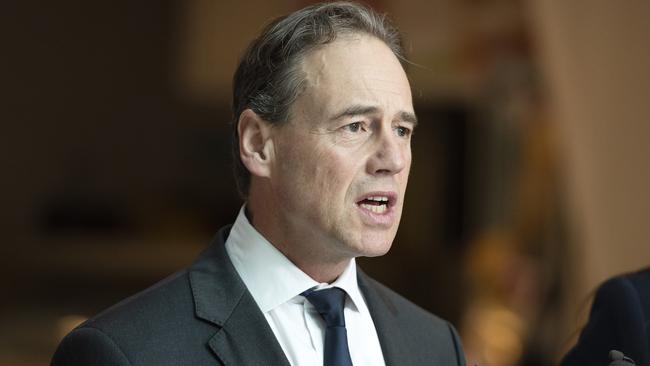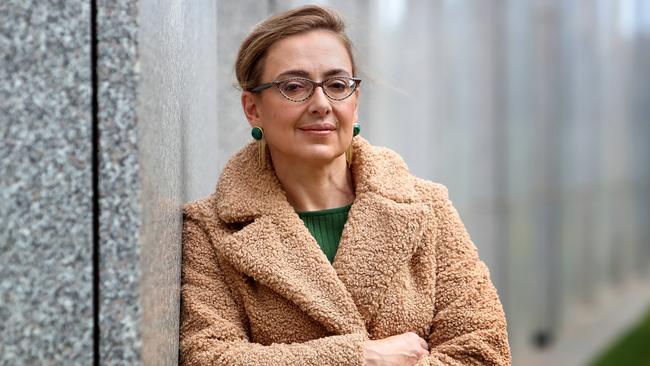Private health rate hikes: Greg Hunt tells insurers to cut prices
The federal government has told private health insurers to lower their proposed rate hikes after the industry tried to bump up its prices for 2020. SEE THE BIGGEST INCREASES

NSW
Don't miss out on the headlines from NSW. Followed categories will be added to My News.
Private health insurers have been told their proposed price rises are too high and they need to think again about premium hikes.
Federal Health Minister Greg Hunt has written to the insurers, ordering them to resubmit their applications for 2020 premium price rises.
The Sunday Telegraph understands the industry has asked for an average premium increase of about 3.5 per cent, which is higher than the 3.25 per cent figure granted in 2019.

This includes Medibank Private, which this year posted a profit of $458.7 million.
But health insurers have hit back, saying the government will make them clamp down on “wasteful medical device claims” and force them to put the squeeze on medical professionals’ wages.
“I have written to private health insurers, asking them to deliver lower premium changes for consumers,” Mr Hunt said. “Their proposed changes for premiums in their first applications were too high. Our reforms have delivered the lowest premium changes in 17 and 18 years consecutively. I am determined to deliver the lowest average premium changes in 19 years.”
There are 13 million Australians with private health insurance. Many individuals earning more than $90,000 a year, or couples and families on more than $180,000 a year remain in the private system to avoid paying the Medicare Levy Surcharge.
Private Healthcare Australia CEO Rachel David said the 3.25 per cent increase for 2019 was the lowest since 2002.
“The latest APRA data confirmed that claims are growing faster than revenue,” Dr David said.
“Health funds will do all they can to meet the government’s target but it will be challenging, and mean that health funds will have to be tough on wasteful medical device claims and there will be no room to move in contracts with providers.”

Dr David said surgical devices that they argue are wrongly classified as prostheses — such as medical glues, sponges and sprays to control bleeding — will be the first to be targeted in claims.
She said insurers also want to keep premiums lower because “the worst thing that can happen, is that health funds lose members because of concerns over affordability”.
Of all the major insurers Medibank has had the highest average premium increase over the past five years.
